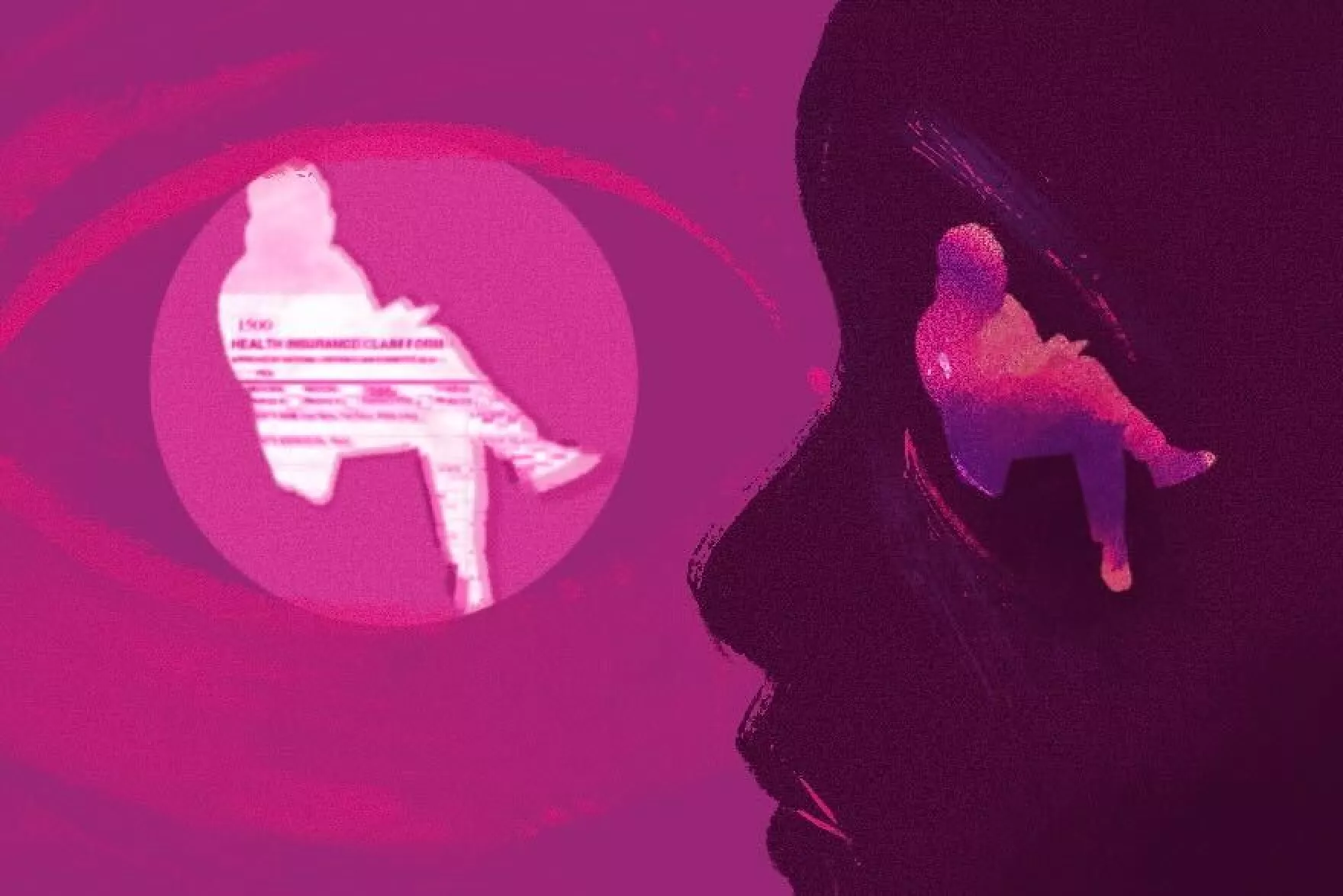There’s Free Mental Health Help For Crime Victims, But Providers Say Bureaucracy Gets In The Way

SCPR/KPCC, Sep 9, 2022, by Robert Garrova: About three years ago, a Southern California resident we’ll call Jane —we’re not using her real name because of a pending trial and security concerns— and her husband found out their child had been assaulted.
“Your world is rocked. We couldn’t sleep for weeks, as parents. I couldn’t leave the house for 12 months,” Jane said.
The couple sought therapy. With the help of a local non-profit that specializes in helping with extreme trauma, they found mental health services for their child as well. In the months that followed, they saw major improvement in their child’s well-being, who was initially silent about the attack.
“It’s absolutely everything to get into those services and to find the right people,” Jane said. “There’s enough angst and fear without even having to think about how much it costs.”
Therapy sessions were covered through a program administered by the California Victims Compensation Board (CalVCB), which reimburses crime-related mental health expenses with dollars that come in through restitution from perpetrators and federal grants. Crimes covered by CalVCB include child sexual assault, murder and domestic violence.
Or at least Jane said she thought they were all covered. She said that more than two years after the fact, CalVCB told them some of the reimbursements might not have been valid since they have insurance.
The back and forth between Jane’s insurance company and CalVCB has come at a time when she and her family are still trying to recover.
“You should be able to trust the process to an extent and that process seems to be — from their side — a bit broken,” Jane said.
Read more from KPCC here.




